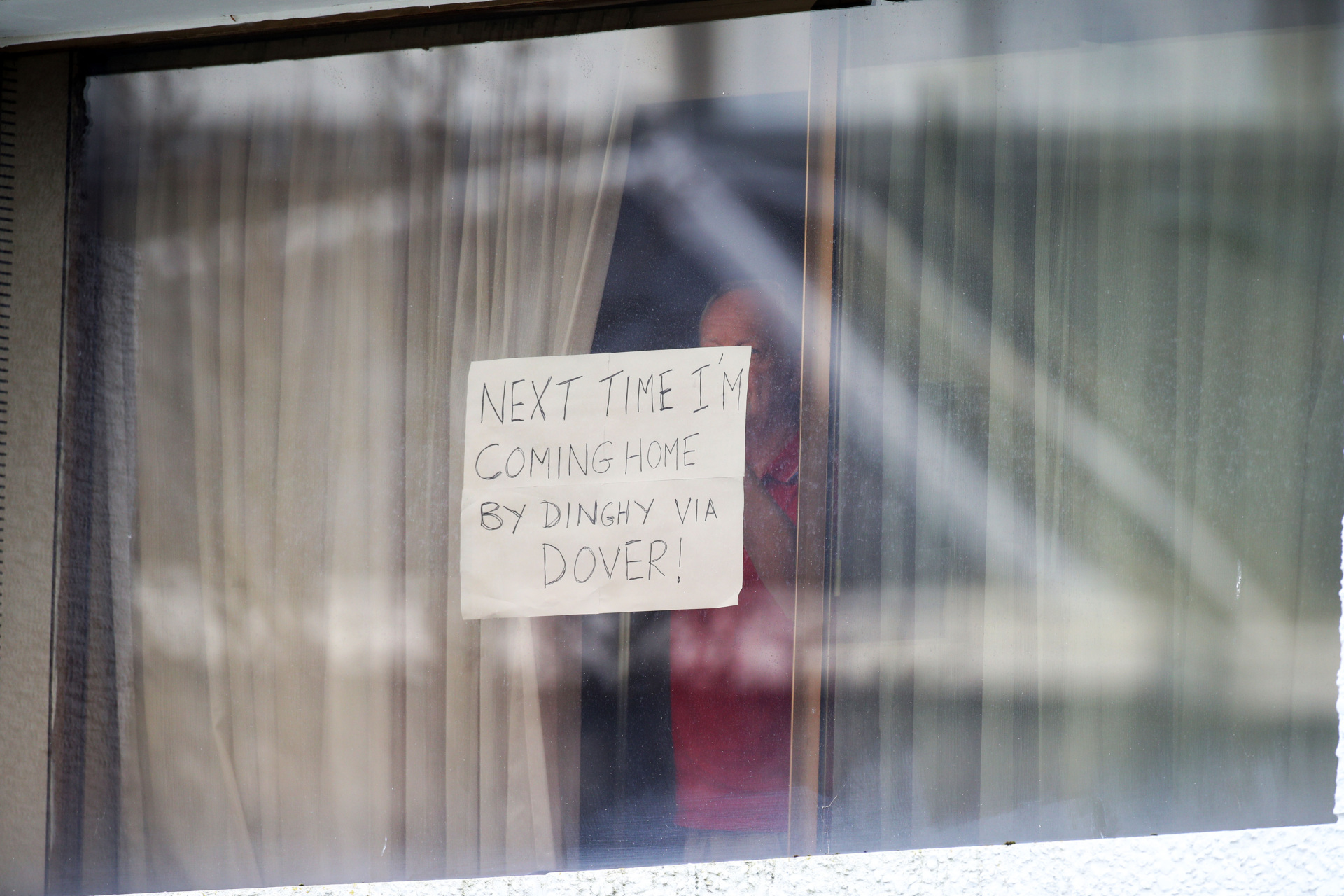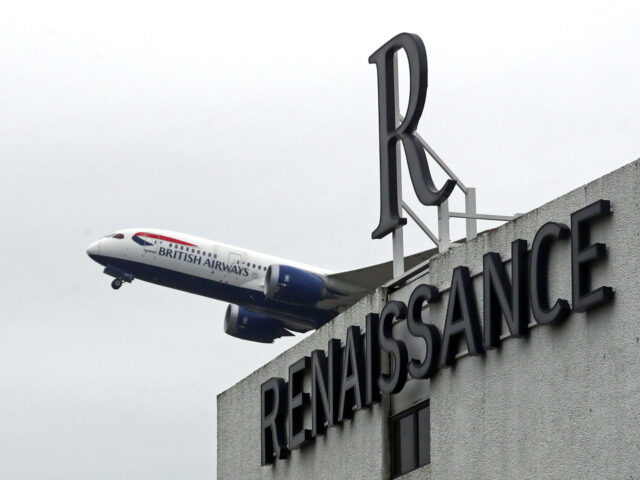The British government “doesn’t know” if the travel restrictions it imposed during the Chinese coronavirus lockdowns did anything to prevent the spread of the virus, according to a report from MPs.
Unlike other island nations, the United Kingdom maintained an open borders approach during the outset of the Wuhan virus crisis, failing to even prevent travel from China and the hot spot nations that followed as the virus spread throughout the world, such as Italy and India.
Yet, after public backlash, the government began requiring foreign travellers to observe social isolation and quarantine to varying degrees based on the “traffic light” system in which countries were ranked in terms of their believed risk of coronavirus infection, with red being the highest.
Now, a report from the Public Accounts Committee in the House of Commons has found that the government “doesn’t know” if any of these restrictions helped whatsoever in stemming the spread of the virus.
“Despite spending at least £486 million on implementing its traffic light system to manage travel during the pandemic, government did not track its spending on managing cross-border travel or set clear objectives, so does not know whether the system worked or whether the cost was worth the disruption caused,” the report stated.
“Similarly, its failure to develop good data to inform its decisions means it does not know the impact on public health of granting 2.5 million exemptions from parts of the system,” it added.

A man holds a sign against a window at the Renaissance London Heathrow Hotel, a Government-designated quarantine hotel being used for travellers to stay during a 10-day quarantine after returning to England from one of 33 “red list” countries. Picture date: Wednesday February 24, 2021. (Photo by Yui Mok/PA Images via Getty Images)
The committee noted that the government changed the rules on travel at least 10 times between February 2021 and January 2022, yet failed to provide adequate warning to the travel industry to adapt and make operational changes. The constant changing of rules and standards was also confusing to the public, with 40 per cent of people saying they did not know the rules on self-isolation.
The report found that while people who were quarantined in British hotels after travelling from red-list countries had a higher rate of infection than the public at large, only two per cent of such people tested positive for the coronavirus. Although the government required travellers to pay £2,200 towards the cost of their quarantine, some £329 million in taxpayer money was devoted to the £757 million scheme.
The Department of Health & Social Care has maintained that this was a good use of public funds, however, the committee said that they have been unable to demonstrate how the quarantine system positively impacted the actual case rate in the UK, other than preventing around 12,000 people from travelling to the country with the virus.
The Public Accounts Committee also criticised the government for failing to “protect the taxpayer, and the public” from fraud and poor quality coronavirus tests for those travelling to the country.
The chief criticism of the report was that the government has seemingly failed to learn any meaningful lessons from the experience, saying: “It is not enough for Departments just to gather evidence from implementation of these measures to feed into the public inquiry. As we have repeatedly observed, it is essential that Departments learn lessons in order to manage effectively large cross-government portfolios in future and respond to any future emergencies.”
Responding to the report, a government spokesman told the BBC that it had “acted swiftly and decisively” to craft rules “designed to save lives”.
“The Covid-19 Inquiry has been set up to examine the UK’s response to the pandemic and the government will meet its obligations to the inquiry in full.”
Follow Kurt Zindulka on Twitter here @KurtZindulka

COMMENTS
Please let us know if you're having issues with commenting.